By Melinda Munson
After winning both the regional Champion and Robot Awards, Skagway School’s 10-member robotics team travels to Anchorage in early February to participate in state finals for First Lego League (FLL).
The sixth and seventh graders will bring their team uniform: gray beanies with an embroidered crocodile, lime green T-shirts, a rainbow assortment of Crocs and lots of excitement. About half of the group has never been to Alaska’s largest city.
Team member Lila Lawson already did the research. She knows that Anchorage offers a water and trampoline park and multiple malls and movie theaters.
Team 46069, The Cargo Crocs, has been working since the start of school, meeting three times a week, with practices increasing to daily meetings and weekends as the Southeast competition grew closer. FLL has two components: identifying and solving a real world problem and competing in a Lego robot course.
For the first aspect, the Skagway team interviewed multiple local experts to determine the biggest problem in cargo shipping.
“We found water damage during transport is a consistent problem,” said Sam Munson.
The team did further research, but concluded that all available waterproofing methods for cardboard boxes were not eco-friendly. They found a company called RepelWell, which produces a waterproofing product for shoes and fabric that is non-toxic and environmentally safe.
The team theorized they could spray the inside and outside of cardboard boxes with RepelWell, using an electrostatic sprayer.
“With the help of Greg Clem from the National Park Service, we tested and analyzed a variety of sprayers and evaluated the most effective and efficient application for our hydrophobic spray,” said team member Arthur Aribam.
After a certain date, which would be stamped on cardboard boxes, the waterproofing spray would break down and the boxes could then be recycled.
The team further hypothesized that a version of the spray could be applied to the bottom of cargo ships, creating less resistance, requiring less fuel and lessening the carbon footprint.
The Cargo Crocs created a business plan and had it notarized, spoke with an attorney about how to protect their idea, contacted RepelWell and shared their presentation with local shipping experts.
Robotics Team Coach Mary Thole has coached FLL for about six years. She takes it seriously and tries not to add up the hours of practices and fundraising.
Her goal is for each team to “sell the idea so they can have their college or after highschool nest egg.”
The team’s competition robot, Keith McLean, is named after Keith Tentlanger who created the cargo container stacking system and Malcom McLean, who invented the intermodal shipping container.
Mark Walker, Skagway School technology director, is the robot coach, but the kids sometimes call him Mr. Wizard.
This year’s FLL experience has been challenginging. Luca Tronrud pointed out that many of the team members, like him, woke up early for basketball practice, then stayed after school for robotics, making a long day with little free time.
There were new skills to be learned, from coding to communication.
Learning to code was easier for some students than others.
“Some people got it faster,” said Kelsey Cox. “I kept working and working and then it got fun.”
For Zane Coughran, “learning to speak clearly” and “working with people that have different ideas” was an accomplishment he will bring into his next endeavor.
Ryder Calver noticed the team’s increased ability to communicate in a large group setting.
“We were all talking over each other. Now we work out a system,” he said.
Thole is proud of her students’ growth.
“That’s what robotics is about. Everyone moving forward together,” she said.

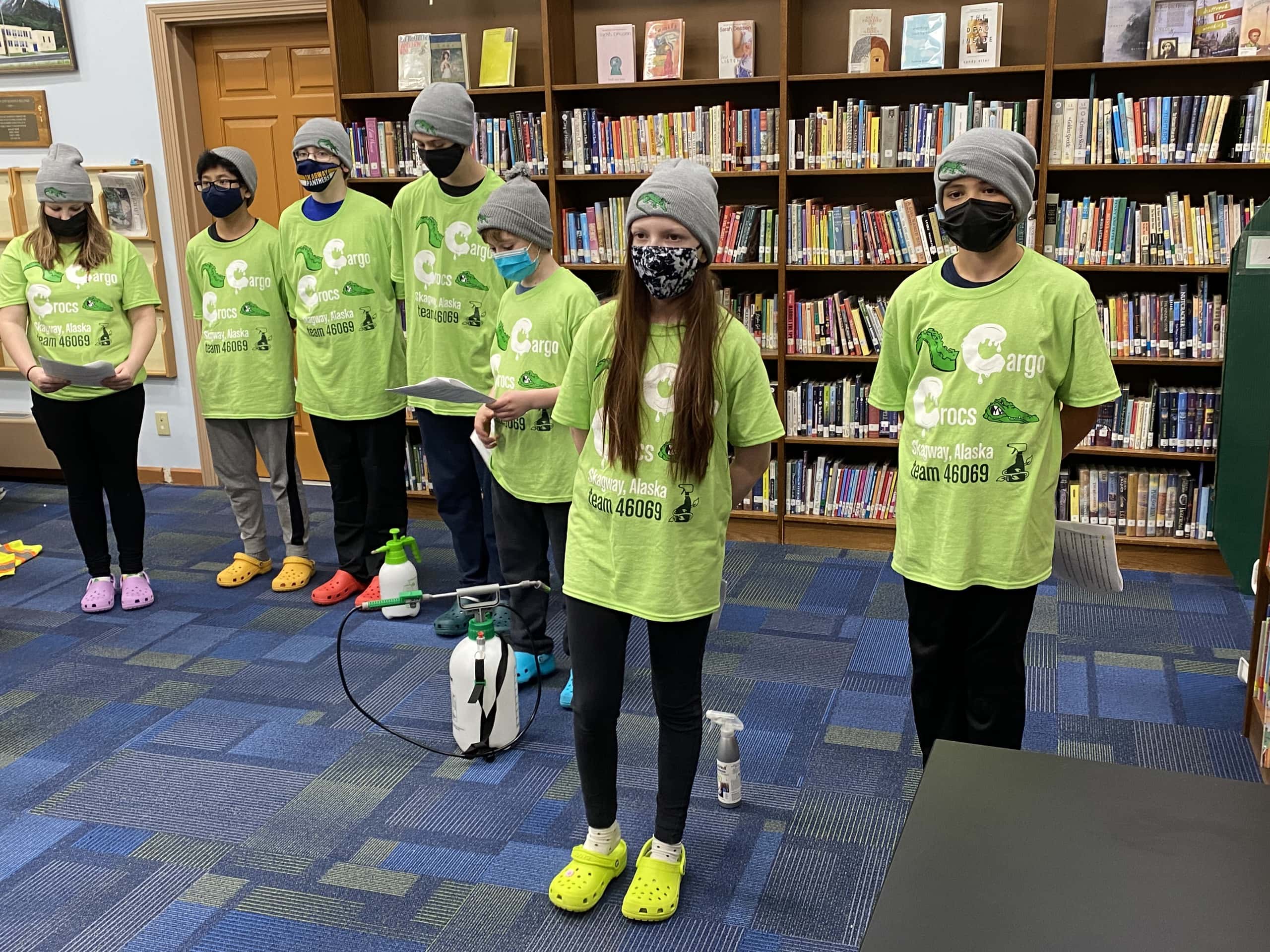

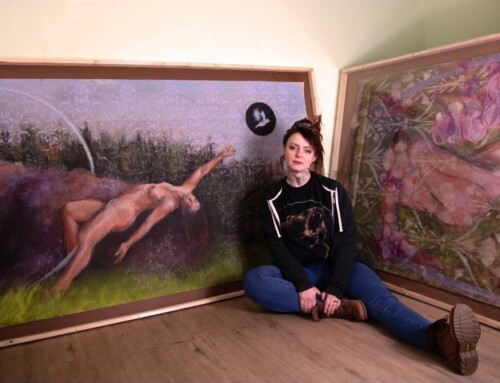
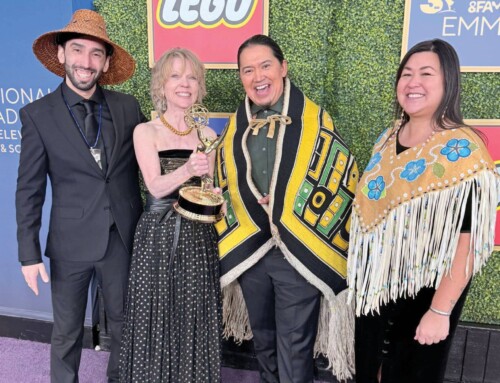
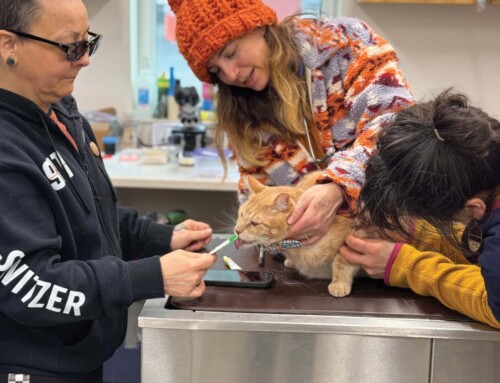
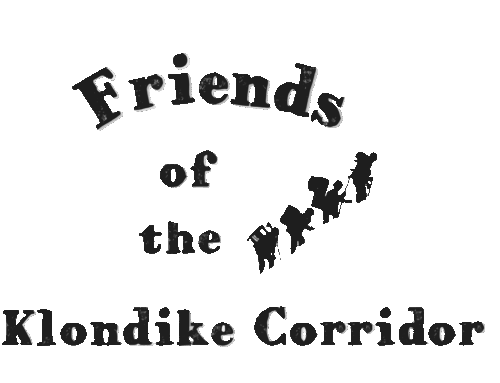
Leave A Comment